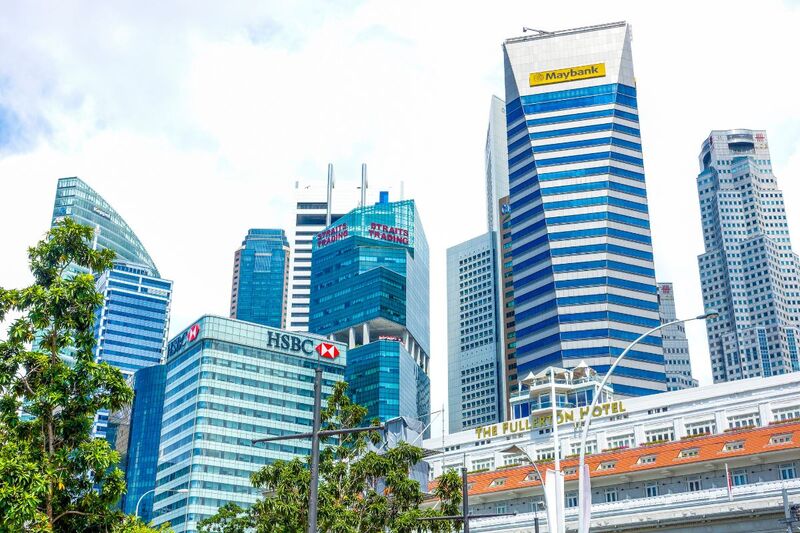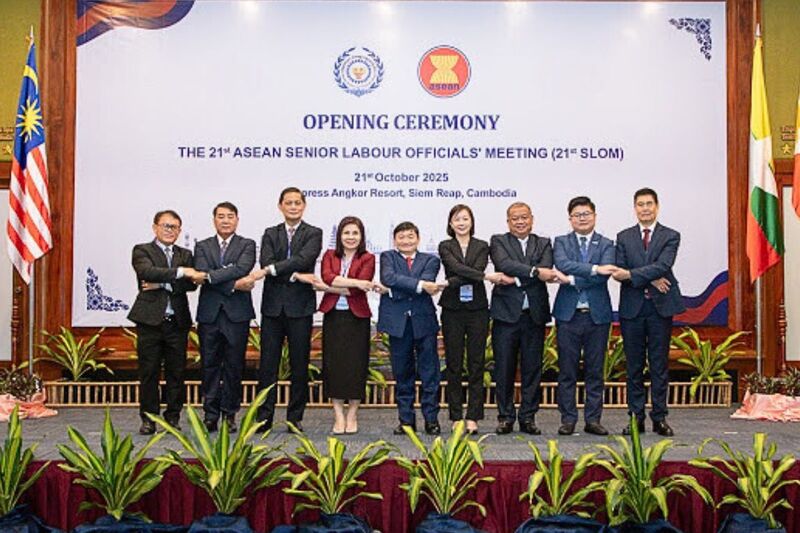Labour Market in 2Q 2024: Key Highlights and Impact on Singapore's Workforce
As Singapore's economy continues its recovery, the labour market saw positive momentum in the second quarter (Q2) of 2024. According to the Ministry of Manpower (MOM), total employment grew significantly, rising by 11,300 in Q2, more than double the increase from the first quarter (Q1) of 2024. This growth was largely driven by non-resident workers, with key sectors such as Construction and Manufacturing rebounding strongly. While employment rates remained robust, there were nuanced shifts across various sectors, affecting both residents and non-residents.
Key Highlights from the Labour Market Report
1. Employment Growth
In Q2 2024, Singapore's total employment grew by 11,300, up from 4,700 in Q1. Non-resident employment rose by 12,000, driven mainly by Work Permit Holders in sectors like Construction and Manufacturing. However, resident employment experienced a marginal decline of 600 jobs, particularly in Retail and Administrative & Support Services due to seasonal shifts.
2. Sector-Specific Trends
Resident employment growth was concentrated in outward-oriented sectors such as Financial & Insurance Services, Information & Communications, and Professional Services. These industries are crucial drivers of Singapore’s economy and are expected to continue growing in tandem with economic recovery. In contrast, non-resident employment saw stronger growth in lower-skilled roles, which tend to attract fewer local workers.
3. Labour Market Tightness
Singapore’s labour market remains tight, with job vacancies exceeding the number of unemployed persons. As of June 2024, the ratio of job vacancies to unemployed persons had increased to 1.67. Unemployment rates also saw an improvement, with overall unemployment at 2.0%, resident unemployment at 2.7%, and citizen unemployment at 2.8%.
4. Retrenchment and Re-entry Rates
While retrenchments rose slightly to 3,270 in Q2 2024, they remained low compared to historical levels. Notably, more than half of retrenched residents were able to secure employment within six months, although this re-entry rate dipped slightly from 59.4% in Q1 to 55.0% in Q2.
5. Foreign Workforce Trends
Non-resident employment continued to rise, especially in sectors that require lower-skilled roles. However, S Pass and Employment Pass (EP) holders saw some declines. The tightening of foreign workforce policies, including higher qualifying salaries for S Pass and EP holders, has played a role in improving the quality of foreign talent.
Policy Updates and Future Outlook
The MOM highlighted several important policy changes designed to enhance the quality of foreign workers and align foreign workforce trends with resident wage growth. These include:
- The Overseas Networks & Expertise (ONE) Pass, introduced in 2023, aims to attract top-tier global talent to Singapore.
- The Complementarity Assessment (COMPASS) framework, which became effective in 2023, provides businesses with a transparent, points-based system for hiring skilled foreign professionals.
- Increases in qualifying salaries for EP and S Pass holders, benchmarking these salaries to the top one-third of local professionals, ensuring that foreign workers meet high standards.
Looking ahead, MOM expects the labour market to maintain its momentum, supported by upcoming events like the Formula One Singapore Grand Prix and year-end festivities. However, resident employment growth may moderate due to Singapore’s high labour force participation rate and slower resident workforce growth.
Looking Forward
For workers in Singapore, the continued growth in sectors such as Financial & Insurance Services, Information & Communications, and Professional Services presents opportunities, particularly for those with the right skills. However, as the economy becomes more competitive, workers will need to continuously upgrade their skills to stay relevant.
Employers are encouraged to take advantage of resources such as Workforce Singapore’s Job Transformation Maps (JTMs) and SkillsFuture training subsidies to help workers transition into new or redesigned roles. For those facing displacement, the enhanced Career Conversion Programmes (CCPs) offer salary support and retraining opportunities to ease the transition into growth sectors.
Ultimately, Singapore’s labour market remains resilient, but both employers and workers must adapt to the evolving landscape. Businesses will need to strike a balance between leveraging foreign talent and supporting local workers, while workers should be proactive in enhancing their employability through upskilling and reskilling initiatives.
By staying agile and investing in skills development, Singapore’s workforce can continue to thrive amidst global uncertainties and technological disruptions.
Seeking Your Next Career Opportunity?
Submit your CV — Our trusted Career Consultants will review your resume and contact you if we find a position that matches your profile!
OR
Looking to Hire?
Please fill in this Inquiry Form — our Recruitment Consultants will be in touch with you soon!
Disclaimer:
The information provided in our blog articles is intended for general informational purposes only. It is not a substitute for professional advice and should not be relied upon as such.
While we strive to provide accurate and up-to-date information, the ever-evolving nature of certain topics may result in content becoming outdated or inaccurate over time. Therefore, we recommend consulting with qualified professionals or experts in the respective fields for specific advice or guidance. Any actions taken based on the information contained in our blog articles are solely at the reader's discretion and risk. We do not assume any responsibility or liability for any loss, damage, or adverse consequences incurred as a result of such actions.
We may occasionally provide links to external websites or resources for further information or reference. These links are provided for convenience and do not imply endorsement or responsibility for the content or accuracy of these external sources. Our blog articles may also include personal opinions, views, or interpretations of the authors, which do not necessarily reflect the views of our organisation as a whole. We encourage readers to verify the accuracy and relevance of information presented in our blog articles and to seek professional advice when needed.
Your use of this website and its content constitutes acceptance of this disclaimer.
References:
https://www.mom.gov.sg/newsroom/press-releases/2024/0917-labour-market-in-2q-2024






